Liberty for all people
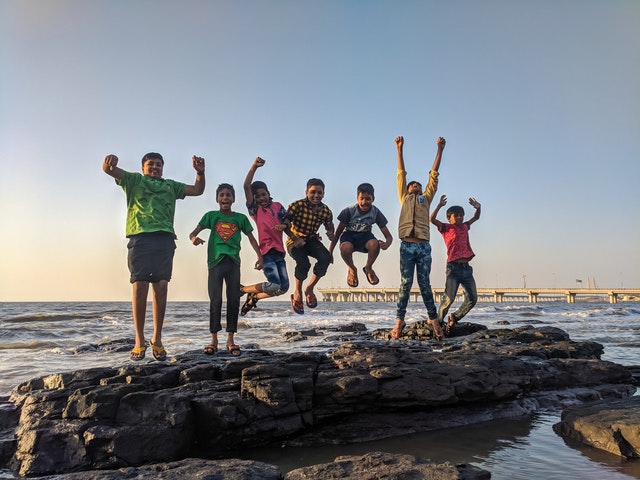
Let’s propose a goal. The goal is that every last person on earth be free to succeed, to realize their potential. This implies that they already enjoy basic human rights to nutritious food, drinkable water, adequate shelter, treatment of illness and protection from disease, freedom, and education.
This is not a new idea. The men who wrote the United States Constitution stated in its preamble, its purpose, “to form a more perfect Union, establish Justice, insure domestic Tranquility, provide for the common defence, promote the general Welfare, and secure the Blessings of Liberty to ourselves and our Posterity”. Of course they were all white, all male, and largely slave owners. When they wrote “ourselves” they may have meant it. Let’s suppose, however, that they were referring to the new nation.
A similar group eleven years earlier wrote the Declaration of Independence for the British colonies of the American continent, at the continental congress of 1776, which stated the rights of people “to assume among the powers of the earth, the separate and equal station to which the Laws of Nature and of Nature’s God entitle them” and to “Life, Liberty and the pursuit of Happiness”. The anniversary of that document, July 4th, is traditionally celebrated in the United States with family time, possibly some shopping of sales, and evening fireworks.
In the constitution of Uruguay, article seven states, “Los habitantes de la República tienen derecho a ser protegidos en el goce de su vida, honor, libertad, seguridad, trabajo y propiedad. Nadie puede ser privado de estos derechos sino conforme a las leyes que se establecen por razones de interés general.” A translation, “The inhabitants of the republic have the right to be protected in the enjoyment of their life, honor, liberty, security, work, and property. No person may be denied these rights outside of the law established for the general welfare.”
Liberty
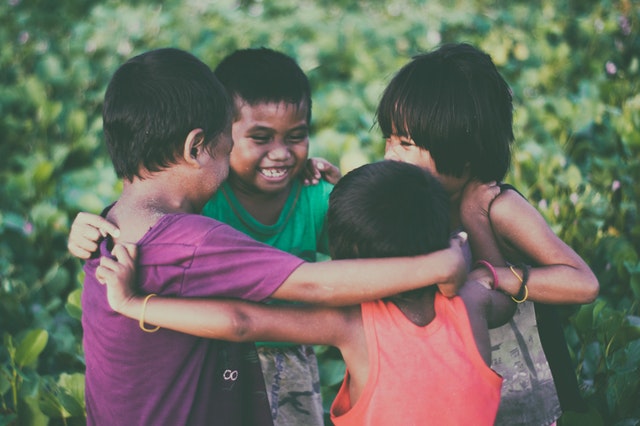
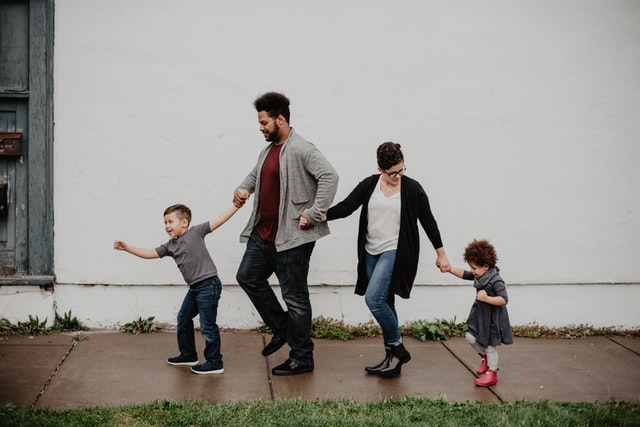
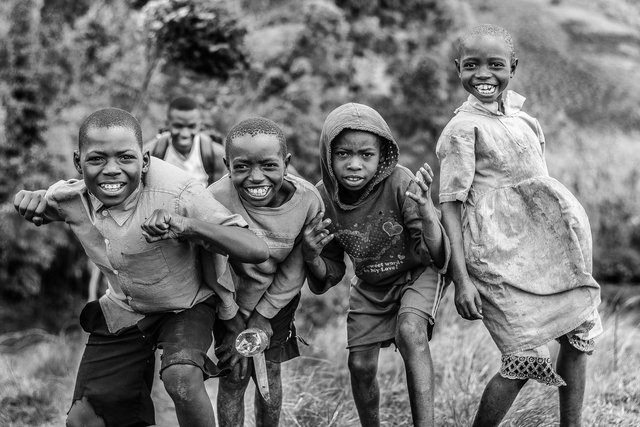
Notwithstanding constitutions, we have a human rights goal. The goal is that every last person on earth be free to succeed, to realize their potential. Breaking this down we have:
- Universal: all people, every single one
- Freedom: to follow the path, to make choices, to be valued
- Success: which is not necessarily monetary but rather realization
- Realization: to achieve, to be and to become
- Potential: that exists in all, to some degree, that it be realized
Let’s call the goal, “liberty”. Liberty for all people, everywhere on earth and even beyond earth. (The astronauts serving on the international space station are voluntarily captive for a fixed term.)
Let’s try an assertion about liberty and it’s converse:
- That everyone has liberty implies that each individual has liberty.
- That each individual has liberty implies that everyone has liberty.
So far, so good.

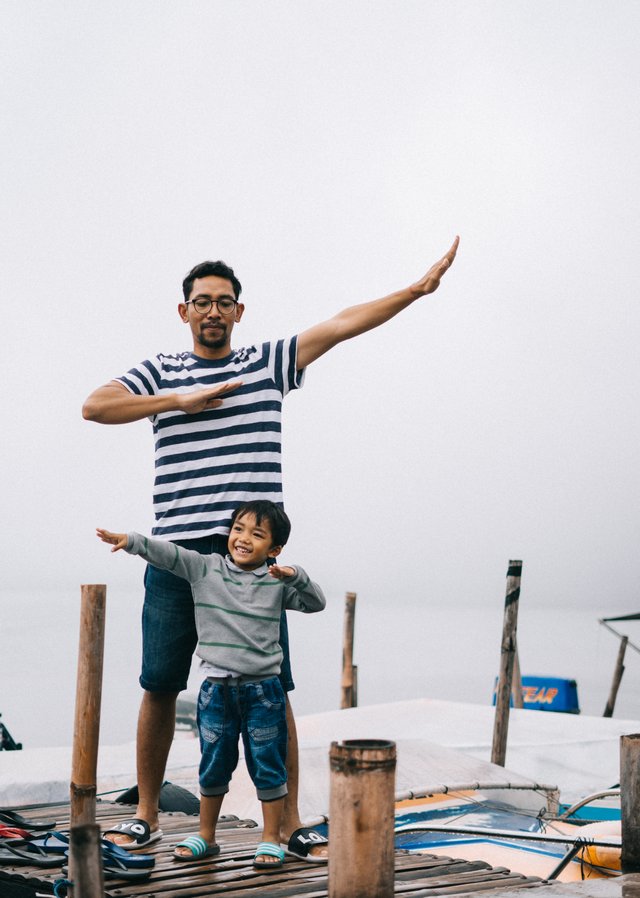
Let’s try the contrapositives of those:
- That some individuals are not free implies that not everyone is free.
- That not everyone is free implies that some individuals are not free.
This looks okay, too.
So we know that if everyone is individually free, the goal is accomplished. Now let’s reword those slightly. Instead of “implies” we’ll say, “depends upon”:
- The liberty of everyone depends upon the liberty of every individual. That is certainly true. If there is one individual who is not free, then everyone is not free.
- The liberty of each individual depends upon the liberty of everyone. Here we’re no longer on solid ground. That everyone is not free does not imply that no-one is free. Nor does the fact that there are free individuals imply that everyone is free.
Individual liberty is a necessary but not a sufficient condition for universal liberty. It’s easy to see how we might fall into doing what is necessary– achieving individual liberty –while failing to do what is sufficient– achieving universal liberty.
For all
Do we go about achieving the goal by enabling individuals to be free, or do we go about it by enabling the liberty of all?
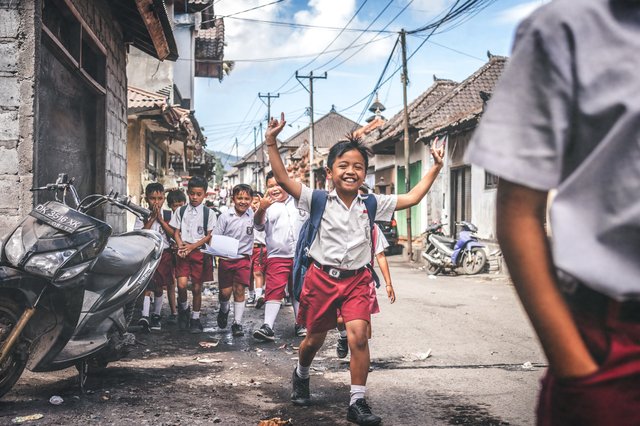

Given that even one individual failure signifies failure of the goal you might say that fighting for individual liberty is essential. However gaining widespread, universal liberty one person at a time is a long road and losing proposition. The goal has to be liberty for all. Achieving that, we’ve taken care of the individuals.
In the United States we place great emphasis on individual liberty. (This in spite of the pledge of allegiance in which we say, “One nation … with liberty and justice for all”.) That some individuals are free, or successful, we think, points to the fact that all individuals can be free and successful. Failure of universal liberty is a failure of the individual. They didn’t take the chances they had. They didn’t study in school. They made bad choices.
We work to fix the bad individuals, or class them into groups and work to fix the bad groups. In either case, the culpability lies with the individual. Individuals can be free. If they’re not, it’s their own fault. We’re not talking only about criminals and sociopaths. The logic applies to the poor, the unemployed, the homeless, and the hungry.
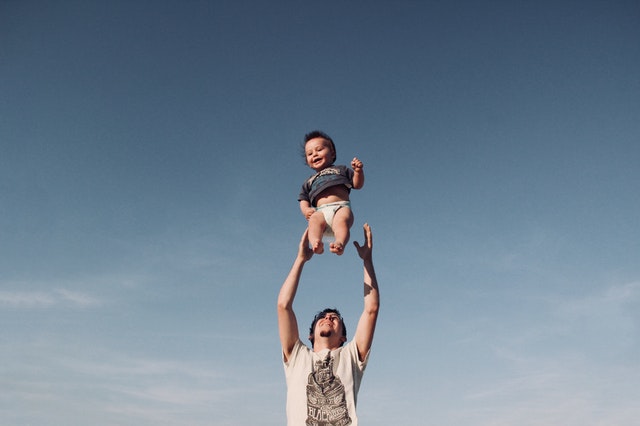
In other places, individual liberty is understood to be closely related to the collective good. By working to create liberty for all, we create free individuals. Doing this requires painting liberty with a broad brush. It requires, just to pick one example, basic health care freely available, just as education is, to all. Speaking of education, premium investment in the same. We could pay some teachers better and hire more of them. It requires that every child to the age of three is well nourished and protected. That implies everyone else in the household as well– mother, father, brothers and sisters, grandparents, aunts an uncles.
That might be hard to accept for some; however, it’s the reality of liberty and justice for all. If we really mean, “for all”.
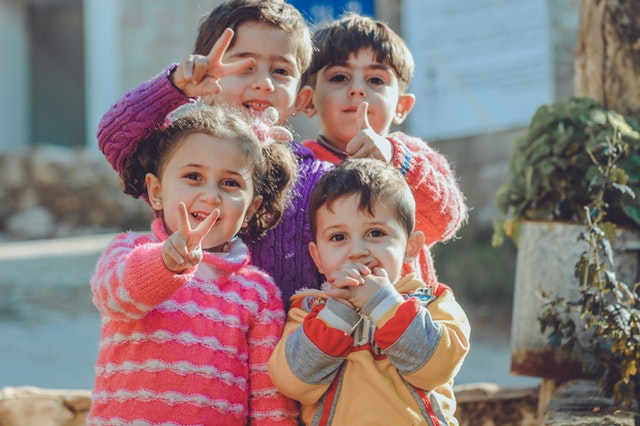
So there, now that you’re frightened, there’s the commitment that liberty requires. It’s a courageous step.
Nutritious food, clean and drinkable water, adequate shelter, treatment of illness and protection from disease, freedom, and education are not achieved by working for individual liberties. They are achieved by working to create liberty for all, and by extension, every individual.
Photo credits:
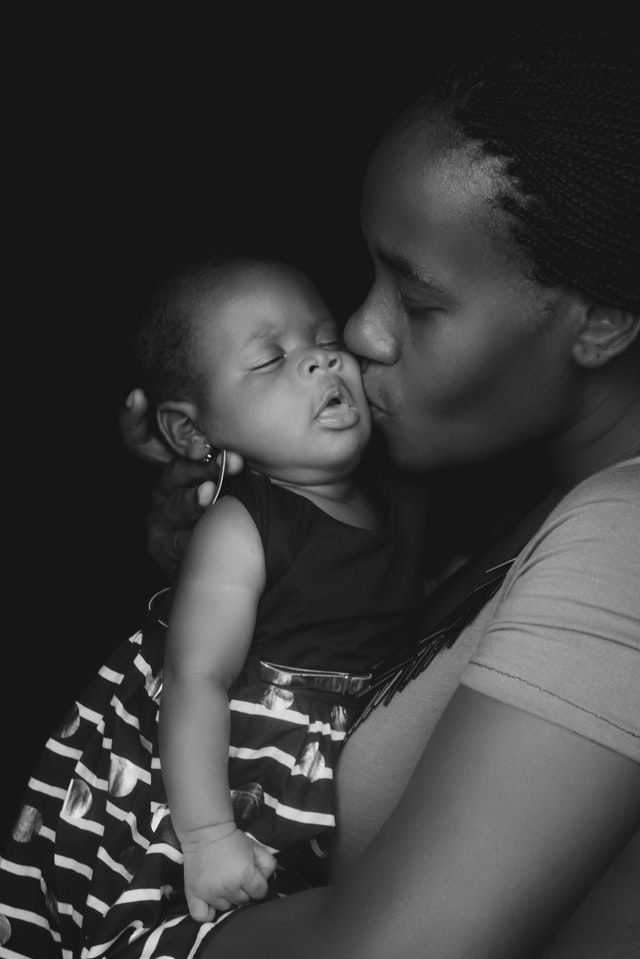

From Pexels:
- children jumping: Foto de Guduru Ajay bhargav en Pexels
- children in ring: Foto de Archie Binamira en Pexels
- family on sidewalk: Foto de Emma Bauso en Pexels
- boys climbing hill: Foto de Dazzle Jam en Pexels
- child in field: Foto de Pixabay en Pexels
- father and son: Foto de Cleyder Duque en Pexels
- school children: Foto de Artem Beliaikin en Pexels
- father and children with computer: Foto de August de Richelieu en Pexels
- flying child: Foto de Dominika Roseclay en Pexels
- peace children: Foto de Samer Daboul en Pexels
- mother and child: Foto de Tubarones Photography en Pexels
- girl with tablet: Foto de Julia M Cameron en Pexels